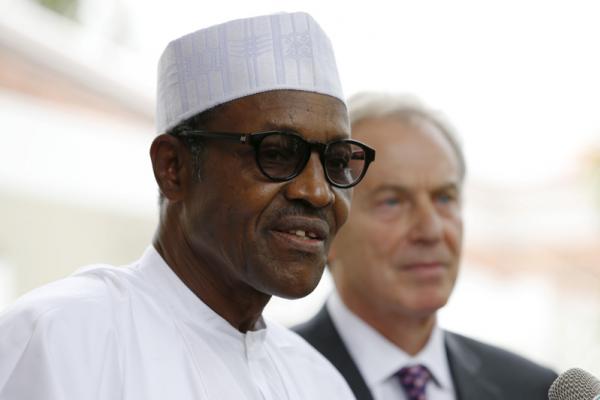Nigeria’s newly elected president, Muhammadu Buhari, promised during his campaign that he would tackle the militant terrorist group Boko Haram.
On May 29, he will be sworn into office, just as the extremist group is ramping up its use of female suicide bombers.
Buhari, who is Muslim, replaces Goodluck Jonathan, a Christian from the country’s south. Both Christians and Muslims voted for Buhari in April, convinced he could stop the terrorist rampage.
Nigerians fear violence may escalate if female terrorists are deployed because they can hide explosives under their long Muslim abayas, or gowns.
More women and children have been used as suicide bombers in the first five months of this year than during the whole of last year, according to reports collated by UNICEF.
In 2014, women and girls carried out three-quarters of the attacks in Nigeria, according to UNICEF. Initially, the group used male suicide bombers, mainly, to attack churches, mosques, public places, and government installations.
The phrase Boko Haram means “Western education is forbidden” in the Hausa language.
“Children are not instigating these suicide attacks. They are used intentionally by adults in the most horrific way,” said Jean Gough, UNICEF’s representative in Nigeria.
The first female suicide attack was recorded in June 2014.
Many of these include girls and women kidnapped, hidden in the country’s Sambisa Forest and released after being radicalized, said the Rev. John Bakeni, Maiduguri Roman Catholic diocesan secretary.
“The idea,” he said, “is to cause much harm, at least, before the handover or on the day, so that they can re-register their presence.”
Fredrick Nzwili is a journalist based in Nairobi, Kenya. For more than 15 years, he has written about religion, politics, peace and conflict, development, security, environment, and wildlife. Via RNS.
Got something to say about what you're reading? We value your feedback!
